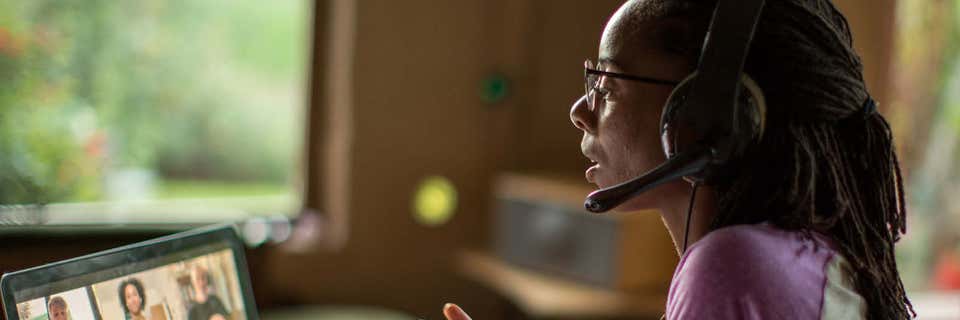Service management practices for a post-COVID world

- Blog
- Service management
February 11, 2021 |
2 min read
- Blog
- Service management
Welcome to 2021, where the need for office space is scrutinized, commuting has decreased dramatically and people are trying to adjust to new ways of working.
Maybe we should have done this a long time ago but as the human species is very scared to stop doing what feels safe, we never really challenge ourselves unless forced to. However, that force is being exerted on us now, which means digital transformation will experience a boost during the coming years and IT organizations must find new ways to support their businesses.
Traditionally a laptop or computer was considered an extension of the corporate network and, for the really hardcore updates, you needed to pop by the office and plug it in. Already, this has changed. Most employees are “plugging in” from home and some companies will not even have an office at all.
This puts a lot of pressure on the IT department to support an extremely distributed environment and services offered will be even more complex. Security will be an issue and asset and configuration management will be a challenge. Keeping control of computers spread across the world will of course require changes to processes, tools, procedures and costs.
Supporting staff at “the beach house”?
IT departments will need to redesign again, and again, and again. How should a service desk support an employee located in a beach house with only 3G coverage and the computer they use needs a major OS update? “Please come to our headquarters for your computer to be updated” is not an option anymore; the user might be on the other side of the world!
What we save on office space, furniture and commuting will probably be consumed by more technology, security solutions and more complex support.
New ways of working
Several customers I know want to stimulate working from home by offering additional equipment to improve the home office environment. The costs of offering this through normal routes are very expensive and so they’re exploring creative ways where the user can be funded by the company to buy things, claim tax relief and own the equipment rather than the company.
Service desks need to adapt incident, change, request, monitoring and event practices to the new ways of working. If practices are designed for on-site staff in a controlled environment – by a bunch of managers on a whiteboard at corporate head office – then we have a challenge.
Process and practices design needs to happen with the people they affect and in the environment where they are used. If service desk staff are distributed over five cities, we should probably also design processes and practices under those conditions. More difficult? Yes, absolutely. But will it be more effective? Probably!
Principles rather than rules
I have been involved in designing and testing processes in the wrong conditions (in a conference room where the design doesn’t reflect the real world) and now, with COVID-19 remote working in mind, it’s obvious that we could have done this a little better. Processes and procedures often depend on rules, escalations and on-site communication. We now require processes and procedures with principles instead of rules, with escalation delegated and processes designed for digital communication.
We previously may have tried to design for the future. Now, we are being forced to do so.
The more adaptable to change we are, the more effective our IT service management will be. ITIL® 4 supports all of this, but we need to understand complexity, conditions and the environment before we design or change anything.